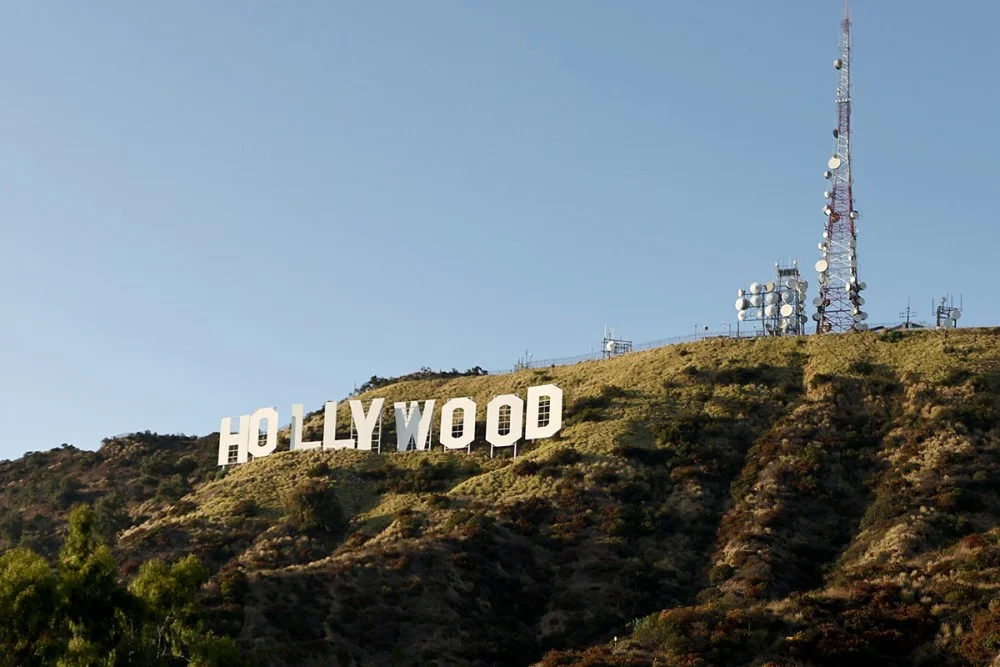
Can Tax Rebates Revive Hollywood’s Fading Glory?
In the glittering world of Hollywood, a quiet crisis is unfolding, with California's film industry on the brink. As production jobs flee to more cost-effective locations, insiders are rallying for urgent reforms, including a massive expansion of state tax incentives. This push, led by influential figures, could determine whether Tinseltown reclaims its crown or fades into the background.

At the heart of this movement is Jonathan Nolan, the acclaimed producer behind Amazon's hit series 'Fallout'. Nolan has emerged as a vocal advocate for California's proposed $750 million tax rebate program, designed to lure back big-budget productions. In a recent interview, he highlighted the human cost of the exodus, noting, "Everything you see here... has been made by teams of people." His decision to relocate 'Fallout's second season from Brooklyn to Santa Clarita cost $6 million and created hundreds of local jobs, underscoring the program's potential. However, challenges persist, as California's incentives cap at $100 million per project and exclude key salaries, making it less competitive than New York's 30% credit.
Studio executives echo Nolan's concerns, especially amid discussions around former President Trump's proposed Hollywood tariffs. At the 2025 Milken Institute Global Conference, Sony's Ravi Ahuja emphasized that production shifts are a "California issue," driven by modest industry margins and efficiency needs. HBO and Max's Casey Bloys pointed out the uncertainty of California's lottery-based system, saying, "The entertainment industry is based here... but the uncertainty around that incentive has been problematic." Pearlena Igbokwe of Universal added that decisions aren't whimsical: "Our objective is always to give the producers... whatever resources they need." These insights reveal a broader trend, with production down 58% in Los Angeles since 2021, exacerbated by pandemics, strikes, and wildfires.
A recent roundtable, featuring lawmakers and labor leaders, delved deeper into the crisis. Assemblyman Rick Chavez Zbur described it as "Depression-era levels of unemployment," urging statewide support for the tax credit overhaul. Producers like Noelle Stehman shared sobering stories of layoffs and business closures, emphasizing the need for streamlined permitting and clearer incentives. While immediate fixes are elusive, experts like Producers Guild CEO Susan Sprung stress the importance of certainty: "People need to understand whether they’re getting the tax credit."
This situation highlights a critical dilemma: without competitive subsidies, California's iconic industry risks irreparable damage. Taxing foreign productions more heavily, as Trump suggested, might backfire, potentially eliminating jobs rather than creating them. As Hollywood weighs its future, the debate extends beyond economics to the cultural soul of Los Angeles.

In summary, the fight for enhanced tax rebates represents a lifeline for California's entertainment sector, potentially safeguarding thousands of jobs and preserving its global influence. What steps should policymakers take next? Share your thoughts in the comments and help shape the conversation on Hollywood's revival.